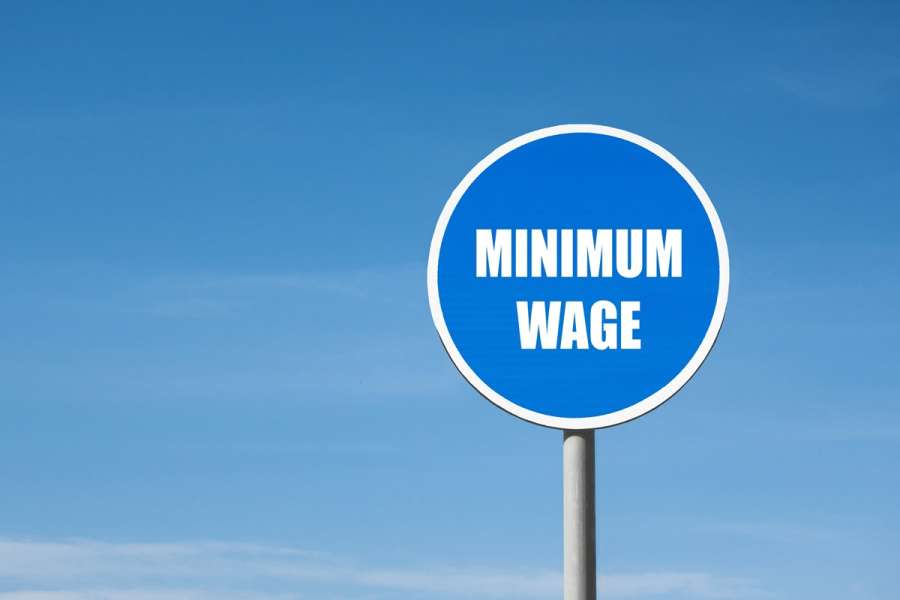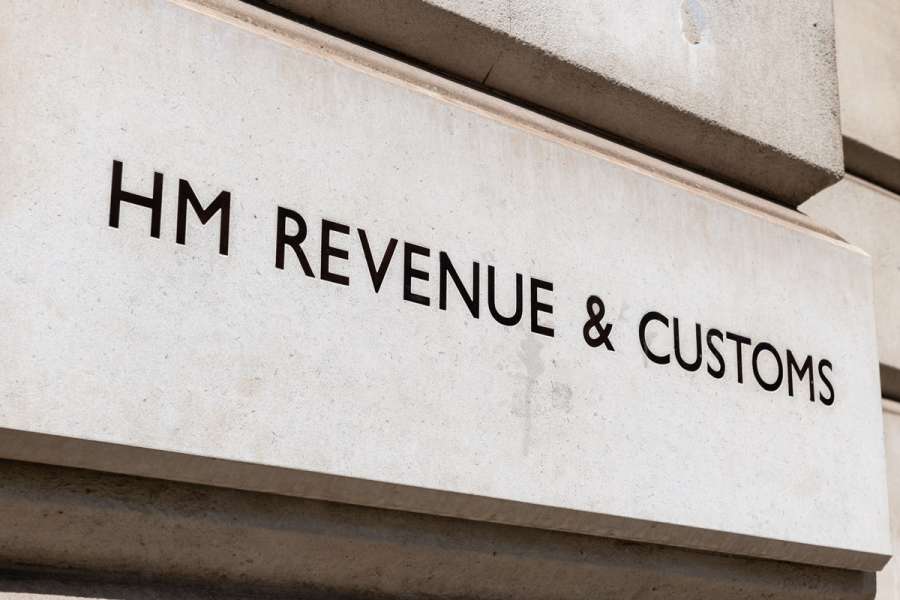Those in the hospitality and leisure sector often rely heavily on a workforce that includes entry-level employees, part-time workers, students, and interns.
Accordingly, changes to minimum wage rates often have a considerable impact on operational processes, such as:
1. Financial strains
Many businesses within the hospitality and leisure sector operate on tight profit margins. An increase in minimum wage rates directly translates to higher labour costs, which can strain the finances, especially for small and medium-sized businesses.
2. Re-evaluation of pricing strategies
Hospitality and leisure outfits may need to consider reassessing their pricing strategies as a direct result of the increased costs on staff. This could involve adjusting membership fees, service charges, or product prices. However, implementing price increases must be approached cautiously to prevent business loss, especially in the current financial climate.
3. Increased morale and productivity
That being said, a positive impact linked to the increase is that higher minimum wages can contribute to improved employee morale and productivity within the workforce. When workers feel adequately compensated for their efforts, they are more likely to remain loyal to their employers, deliver better customer service, and contribute positively to the overall workplace environment.




